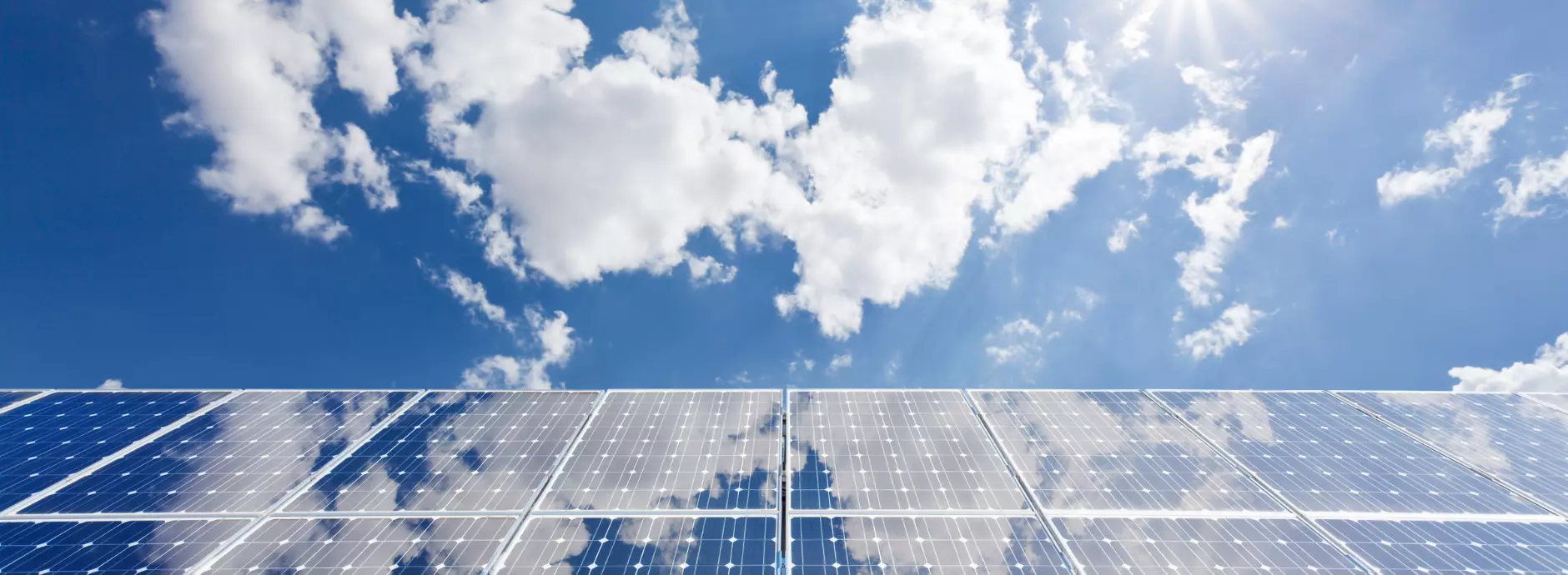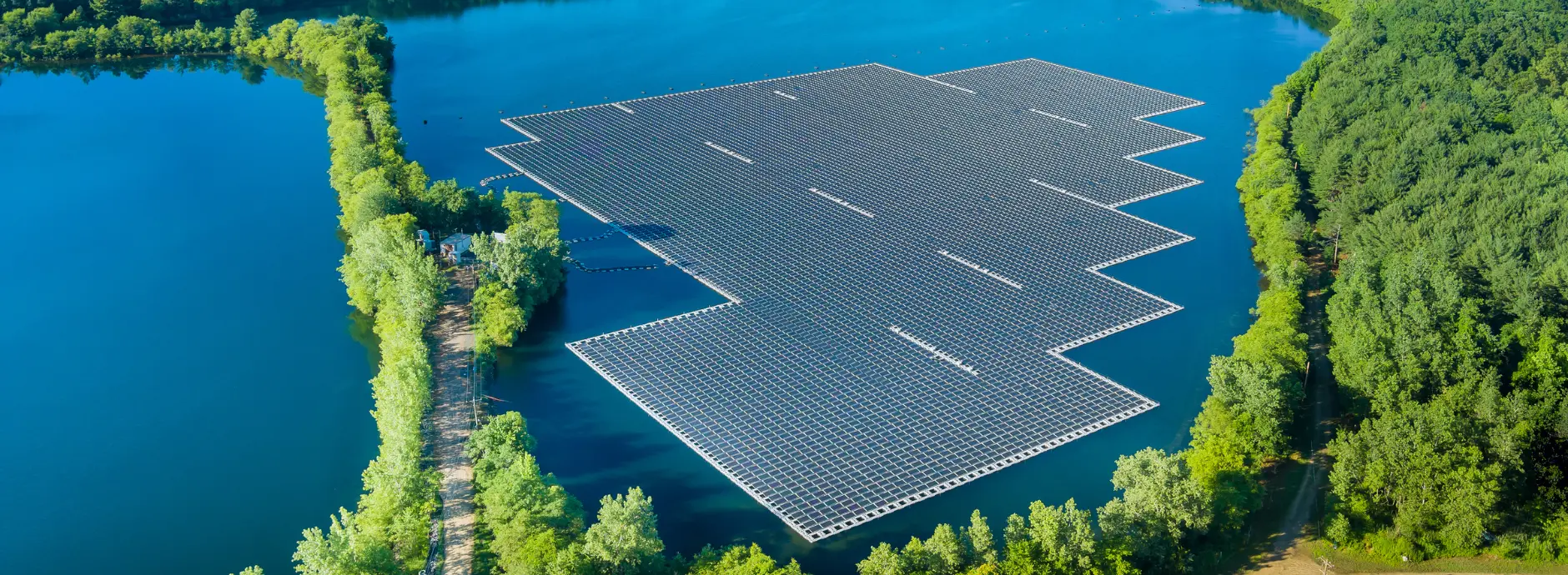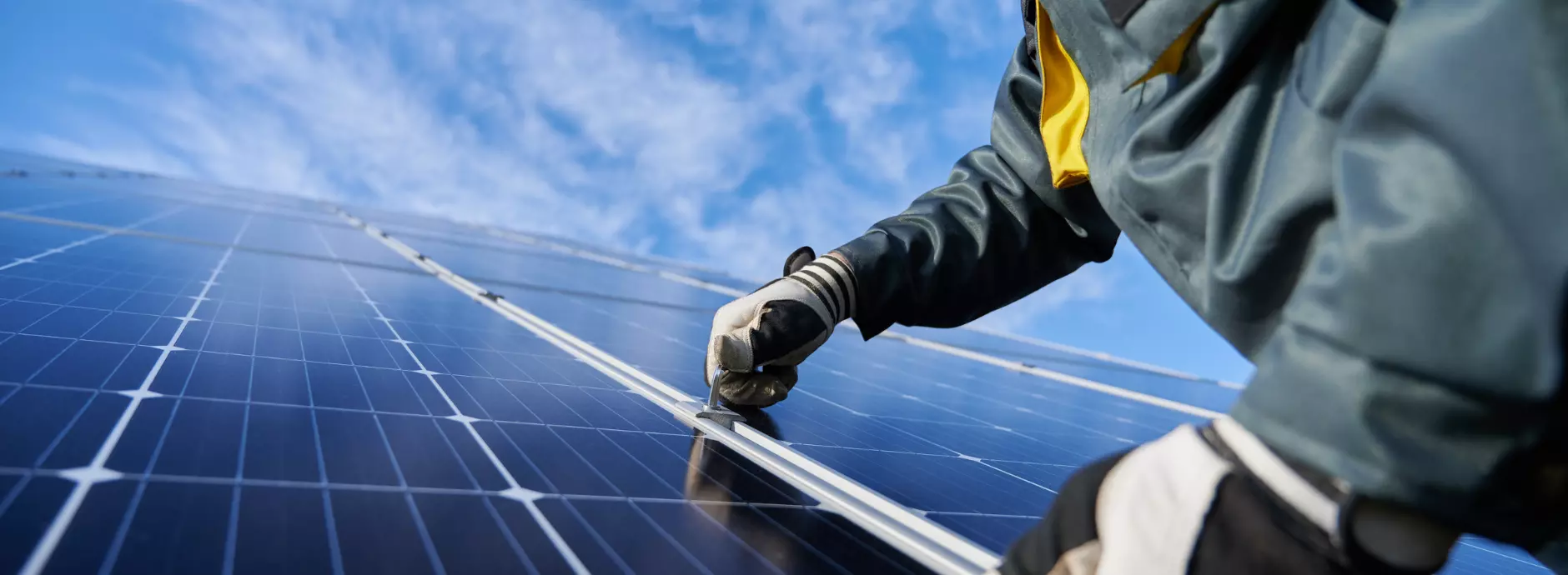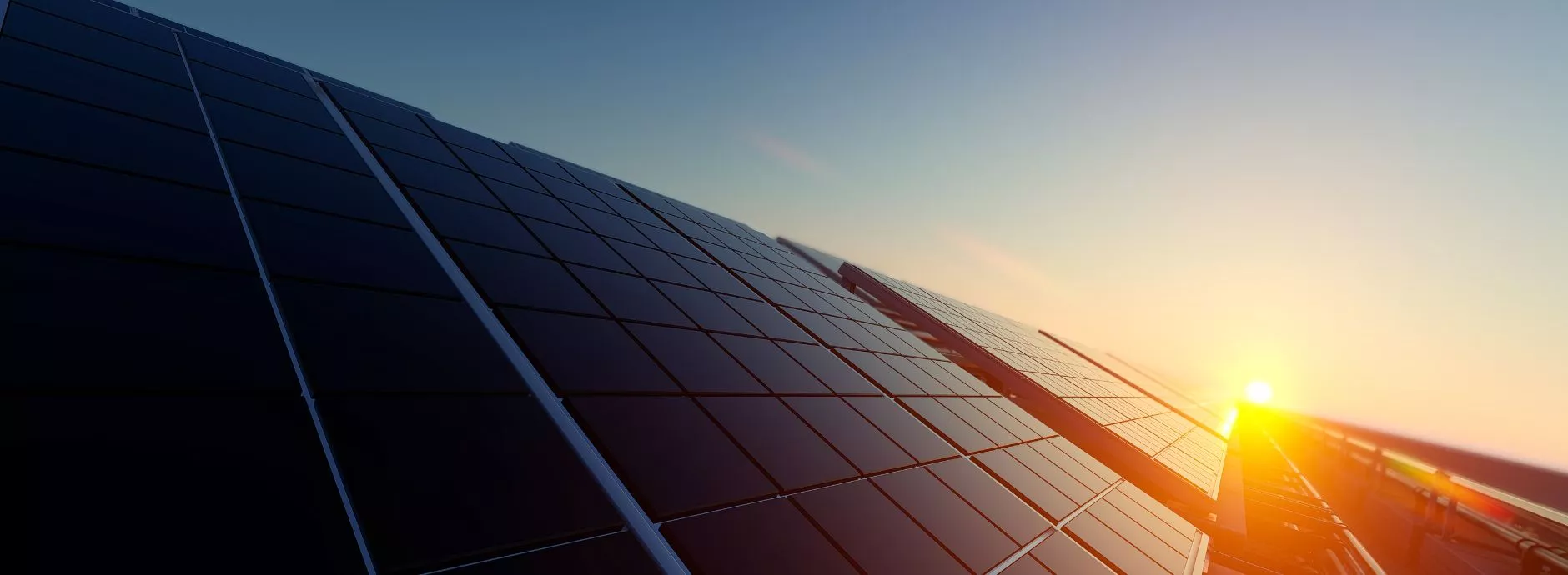SOLAR BESS ( BATTERY ENERGY STORAGE SYSTEM )
POWER PLANT
Key Benefits
Overview of the Solar BESS Power Plant
A Solar BESS stands for Solar Battery Energy Storage System. It’s a type of energy storage system that is designed to store the excess electricity generated by solar panels during periods of low energy demand, so that it can be used later during periods of high demand. The system typically consists of a battery bank and power conversion equipment, which can be used to store and discharge the energy as needed. By using a Solar BESS, solar power systems can provide a more stable and reliable source of electricity, and can even continue to operate during power outages.
Increased energy independence
Solar BESS allows for greater control over energy usage and reduced reliance on the grid.
Improved energy efficiency
By storing excess solar energy, Solar BESS can help to maximize energy efficiency and minimize waste.
Enhanced grid stability
Solar BESS can help to regulate and stabilize the power grid, reducing the risk of power outages and other disruptions.
Cost savings
By using stored solar energy during periods of high demand, Solar BESS can help to reduce peak electricity usage and associated costs.
Increased energy independence
Energy independence from the grid
With a Solar BESS, you can generate, store, and use your own solar power, reducing your reliance on the grid and increasing your energy independence.
Reduced electricity bills
By using stored solar energy during periods of high demand, you can reduce your electricity bills and potentially even earn credits from excess energy sent back to the grid.
Increased resilience
Solar BESS can help provide backup power during grid outages, increasing your resilience to power disruptions.
Highest Quality
Committed To Provide High Quality Services
We use high-quality solar panels that are durable and reliable, ensuring that your system will continue to generate energy for years to come. We also provide ongoing maintenance and support to ensure that your system operates at peak efficiency and that you get the most out of your investment.
We Follow Best Practices
Build Your Dream
Engagement Modes

Solar Leasing
Instead of buying solar panels outright, establishments can lease them from us and pay a fixed monthly fee or based on the amount of consumed electricity.

Solar PPA
A solar power purchase agreement (PPA) is an arrangement where a third-party developer owns, operates, and maintains a solar power system, and the client purchases the energy produced.

Solar EPC
A solar EPC (Engineering, Procurement, and Construction) company provides turnkey solutions for solar power projects, including design, installation, and commissioning of the solar power system.

Solar PSA
A solar power supply agreement is a contract between a solar power producer and an energy consumer for the purchase and sale of solar-generated electricity over a specified period of time.
Contact Us
Ready to Work Together? Build a project with us!
Learn More From
Frequently Asked Questions
How much energy will my solar panels produce?
Home and business owners want to know how much energy they can expect their solar panels to produce. Solar panel installers should be able to provide an estimate based on factors such as the size of the system, the location, and the amount of sunlight in the area.
What are the advantages of solar power generation?
One of the main advantages of solar power generation is that it is a clean, renewable source of energy. Solar power systems do not emit greenhouse gases or pollutants and do not require water to generate electricity. Additionally, solar panels have no moving parts, require little maintenance, and can last for decades.
What are the limitations of solar power generation?
One of the limitations of solar power generation is that it is dependent on sunlight. This means that solar panels are less effective on cloudy or rainy days and do not generate electricity at night. Additionally, the amount of electricity that can be generated by a solar panel depends on factors such as the angle of the sun, the time of day, and the weather. Finally, solar power systems can be expensive to install, although costs have been decreasing in recent years.
